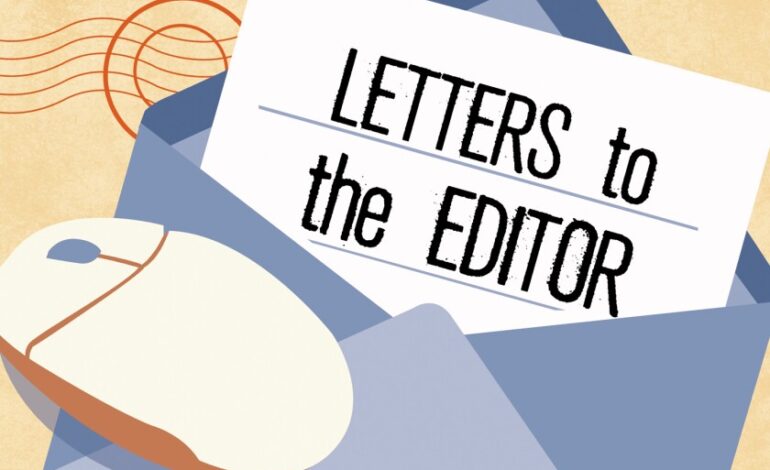North Dakota’s E-Tabs Face Growing Calls for Removal

The introduction of electronic pull-tab machines, known as e-tabs, in North Dakota has sparked a significant debate about their economic and social impact. Implemented in 2018, these machines were initially promoted by the North Dakota Legislature as a means to support charitable organizations. However, critics argue that they have instead drained substantial funds from local communities, benefiting out-of-state gaming companies at the expense of North Dakota’s economy.
In 2024, charitable gaming revenue soared to an estimated $2 billion, a dramatic increase from $247 million in 2017. Alarmingly, approximately $1.2 billion of this revenue was directed to gaming companies based outside the state, particularly in cities like Las Vegas and Reno. This shift in financial flow has raised concerns about the long-term sustainability of local businesses and charities.
While some of the funds generated from e-tabs have been utilized for youth sports and community initiatives, critics highlight that a significant portion remains tied up in charitable gaming trusts. For instance, one youth golf organization reportedly held nearly $4.78 million in its fund. Such amounts, while supporting positive youth activities, are not available for pressing local needs, such as homelessness, addiction treatment, and education, especially as federal support for these services declines.
The impact on tribal casinos, which serve as crucial financial resources for housing, healthcare, and employment, has been particularly severe. These establishments have experienced revenue losses of up to 60% since the arrival of e-tabs. Many lawmakers were aware that e-tabs could undermine tribal gaming operations yet proceeded with their approval. Despite this knowledge, the North Dakota Legislature has allocated a mere $40,000 annually for gaming addiction services, a stark contrast to the billions wagered through these machines.
The rise in gaming addiction in North Dakota is concerning. Approximately 4% of the state’s population, around 19,000 individuals, are grappling with issues related to gambling, a rate nearly three times higher than the national average. E-tabs, often likened to disguised slot machines, are viewed as addictive and pervasive, raising alarms among community leaders.
Advocates for change assert that if lawmakers had the determination to introduce e-tabs, they should also possess the resolve to remove them. States such as Iowa, Illinois, and New Jersey have successfully pulled back on similar gaming initiatives, prompting calls for North Dakota to follow suit.
As the debate continues, residents like Norman McCloud of Fargo are urging the Legislature to reconsider its stance on e-tabs. They argue that preserving the integrity of local businesses and addressing the social costs associated with gambling addiction should take precedence over the financial gains offered by electronic gaming. The future of e-tabs in North Dakota remains uncertain, but the conversation surrounding their impact is gaining traction among lawmakers and constituents alike.






